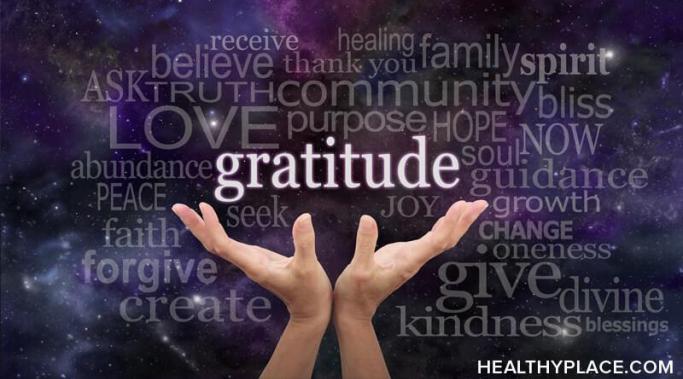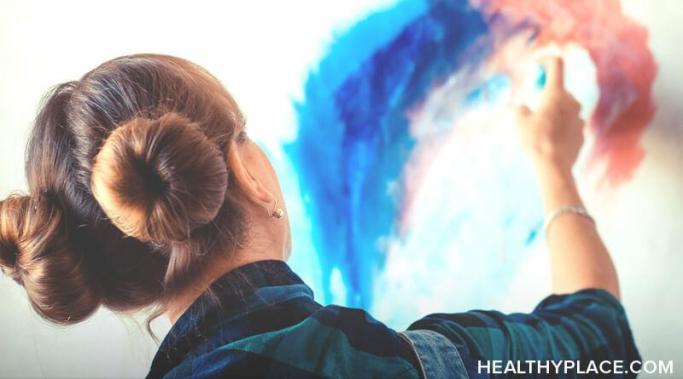Blogs
As the new year creeps ever closer, you might be thinking about goals for your mental illness recovery. The final countdown to midnight, fireworks, and a brand new start is just days away, and you might be wondering how to set your mental illness recovery goals best. I’m here to share what’s worked for me.
The holidays can make you sad. I know that's not what people think about when it comes to the holidays, but it's true. That said, if you have the propensity to feel sad because of the holidays, there are ways to make your holidays just a bit more merry and bright.
Some people self-harm because they believe they deserve pain—but self-harm is neither a safe nor effective means of self-punishment.
My schizoaffective anxiety makes it hard to go outside and exercise daily. Here’s why.
There's so much expectation on everyone during the holidays; to spend money, eat food, make food, drink, be festive, be jolly, be happy, want to be happy, and so on. Being such a chaotic time of year, it's no surprise that people get anxious before, during, and after the holidays. Keeping a gratitude journal helps keep me grounded, especially during the holidays.
I was raised in a family that took holiday celebrations to a stratospheric level. We started listening to seasonal music in August. We had Christmas trees in almost every room of our house. We hosted multiple events—from Secret Santa exchanges with my parents' friends to cookie decorating parties with my aunts and cousins to the traditional feast with all of our exuberant Italian relatives. In this whirlwind of festivities, my mom turned entertaining into an art form, and her energy was infectious. But now that I am an adult, celebrating the holiday season on my own terms feels essential in order to prioritize my eating disorder recovery.
Goodbyes are never easy, but as Winnie the Pooh would say: How lucky I am to make saying goodbye so hard. HealthyPlace came to me when I needed something to be hopeful for in my life. Although I was wrapping up undergrad and gearing up to start a new job, the Surviving Mental Health Stigma blog provided a fulfillment that nothing else could. I am eternally grateful to all of you for playing a role in my healing and giving me true purpose. Although I will no longer be writing for HealthyPlace, I will never stop fighting for mental health awareness and mitigating stigma.
If your verbally abusive past includes positive memories with your abuser, you aren't alone. Unfortunately, many verbal abuse victims can recollect happy times, which may create guilt or confusion as they work through their healing journey.
Ever since I started my part-time job at an art supply store in August, I've noticed a boost in my mental health. I love working at the store -- it's a good fit for my personality, strengths, and interests. I'm an art school graduate who spent several years unhappy in the corporate world. It's a breath of fresh air to be amongst fellow artists again, finally. I now realize how good it is for my mental health to be happy at work.
I've learned that placing high expectations on myself has resulted in perfectionist standards that have caused anxiety. Throughout my life, I grew up with high expectations that I later on learned would contribute to my anxiety levels. Being more aware of this has helped me focus on how I can reduce the anxiety I feel because of these high standards.









